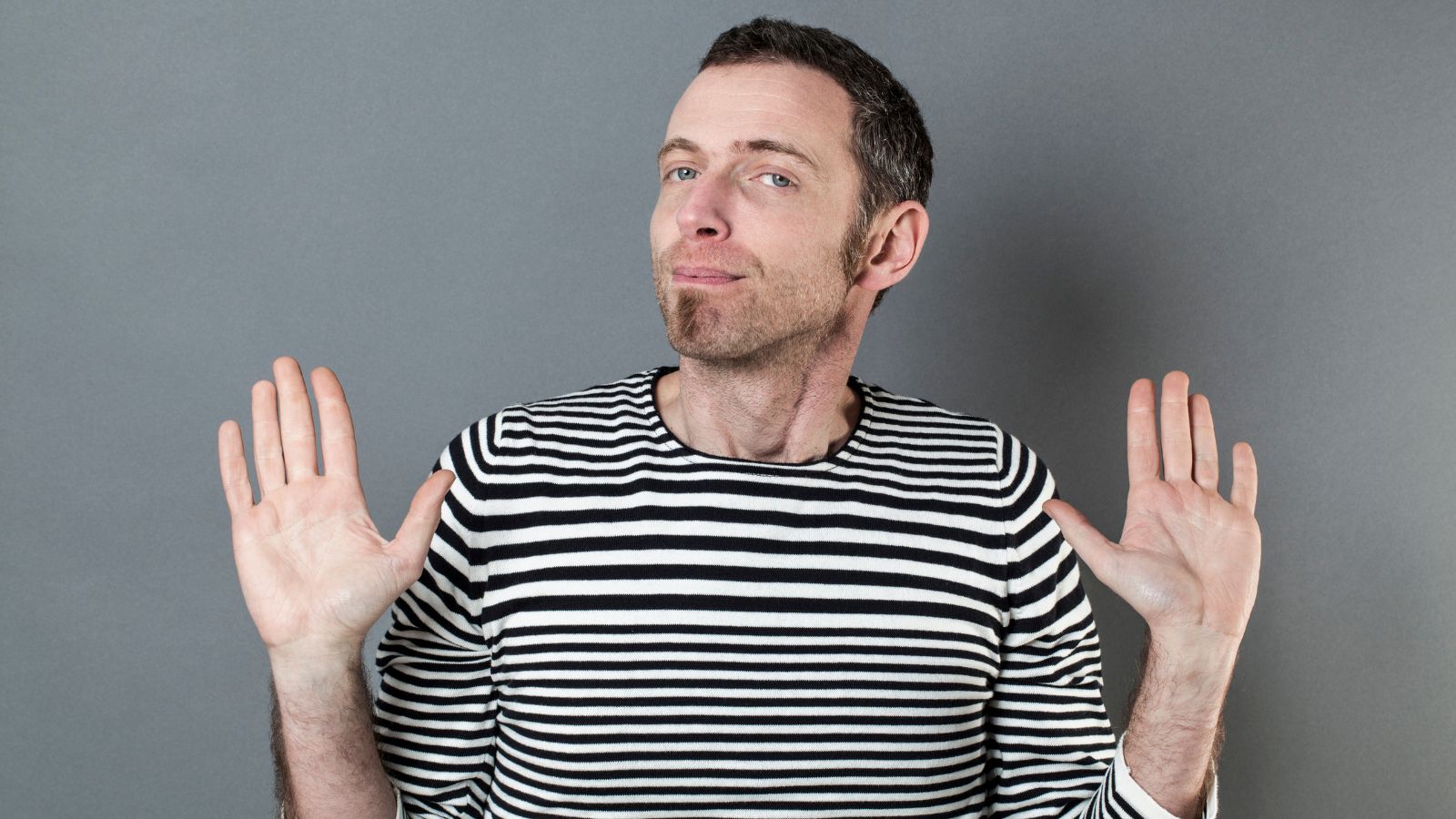10 Obvious Signs That You’re A Selfish Person

Selfishness is a behavior that can have a detrimental effect on our relationships with others. It can cause feelings of resentment, mistrust, and isolation, ultimately leading to the breakdown of friendships, romantic relationships, and even family ties. But how can you tell if someone is selfish? While the signs may not always be obvious, there are some tell-tale behaviors that can give us a clue as to whether someone is more focused on themselves than those around them.
1. They Are Always Talking About Themselves

One of the most obvious signs of selfishness is when someone constantly talks about themselves. They may dominate conversations and interrupt others to bring the focus back to themselves. This behavior can be particularly frustrating for those around them, as it can feel like they are not being heard or valued. It’s important to remember that communication is a two-way street, and everyone deserves to have their voice heard.
2. They Only Do Things for Personal Gain

Another sign of selfishness is when someone only does things that benefit them personally. They may be willing to help others, but only if it benefits them in some way. This can be particularly problematic in group situations, as it can lead to resentment and mistrust. It’s important to be willing to contribute to the group and to put others’ needs ahead of our own at times.
3. They Are Unable to Empathize With Others

Empathy is an essential part of healthy relationships, and when someone is unable to empathize with others, it can be a clear sign of selfishness. They may dismiss others’ feelings or experiences, or they may be unable to understand why someone else is upset. This lack of empathy can be particularly damaging in close relationships, as it can lead to feelings of isolation and disconnection.
4. They Are Quick to Anger or Frustration

Selfish people may become easily frustrated or angry when things don’t go their way. They may lash out at others, blaming them for their own problems or shortcomings. This behavior can be particularly hurtful, as it can make those around them feel like they are walking on eggshells. It’s important to remember that we are all responsible for our own emotions and that taking our frustrations out on others is not acceptable.
5. They Prioritize Their Own Needs Above Others

Finally, selfish people may prioritize their own needs above others, even when it is not necessary or appropriate. They may be unwilling to compromise or make sacrifices, even when it would benefit the group or the relationship. This can lead to feelings of resentment and mistrust and can ultimately damage relationships.
6. They Are Always Late

People who are always late may seem careless or disorganized, but it can also be a sign of selfishness. They may not value other people’s time as much as their own, or they may feel that their own schedule is more important. Being chronically late can cause frustration and resentment in those around them, so it’s important to be considerate of others’ time.
7. They Refuse to Apologize

Apologizing can be difficult, but it’s an important part of taking responsibility for our actions and showing empathy for others. People who refuse to apologize may be more concerned with saving face or protecting their ego than with repairing a relationship. This can cause resentment and mistrust and can make it difficult to resolve conflicts.
8. They Never Ask For Help

Asking for help can be difficult, but it’s an important part of building relationships and relying on others. People who never ask for help may be more concerned with appearing self-sufficient than with building connections with others. This can cause others to feel like they are not needed or valued and can make it difficult to build trust and intimacy.
9. They Are Always the Victim

People who always see themselves as a victim may be more concerned with their own feelings and experiences than with understanding others’ perspectives. This can make it difficult to resolve conflicts or work through problems, as they may not be willing to take responsibility for their own actions. It’s important to remember that healthy relationships require empathy and a willingness to take responsibility for our own mistakes.
10. They Are Easily Offended

People who are easily offended may be more concerned with protecting their own feelings than with understanding others’ perspectives. They may take criticism personally or become defensive when someone disagrees with them. This can make it difficult to have open and honest communication and can cause others to feel like they are walking on eggshells.
10 Frugal Lessons I Learned From Being Flat Out Broke

10 Frugal Lessons I Learned From Being Flat Out Broke
50 Super Simple Side Hustle Ideas (& How to Make Them Work)

50 Super Simple Side Hustle Ideas (& How to Make Them Work)
9 Signs of Millionaires That Indicate You Are On Track to Becoming Wealthy

9 Signs of Millionaires That Indicate You Are On Track to Becoming Wealthy
Get Paid To Nap: 12 Ways To Earn Money While You Sleep

Get Paid To Nap: 12 Ways To Earn Money While You Sleep
How To Make Money Without a Job

How To Make Money Without a Job
This article was produced and syndicated by Parent Portfolio.





